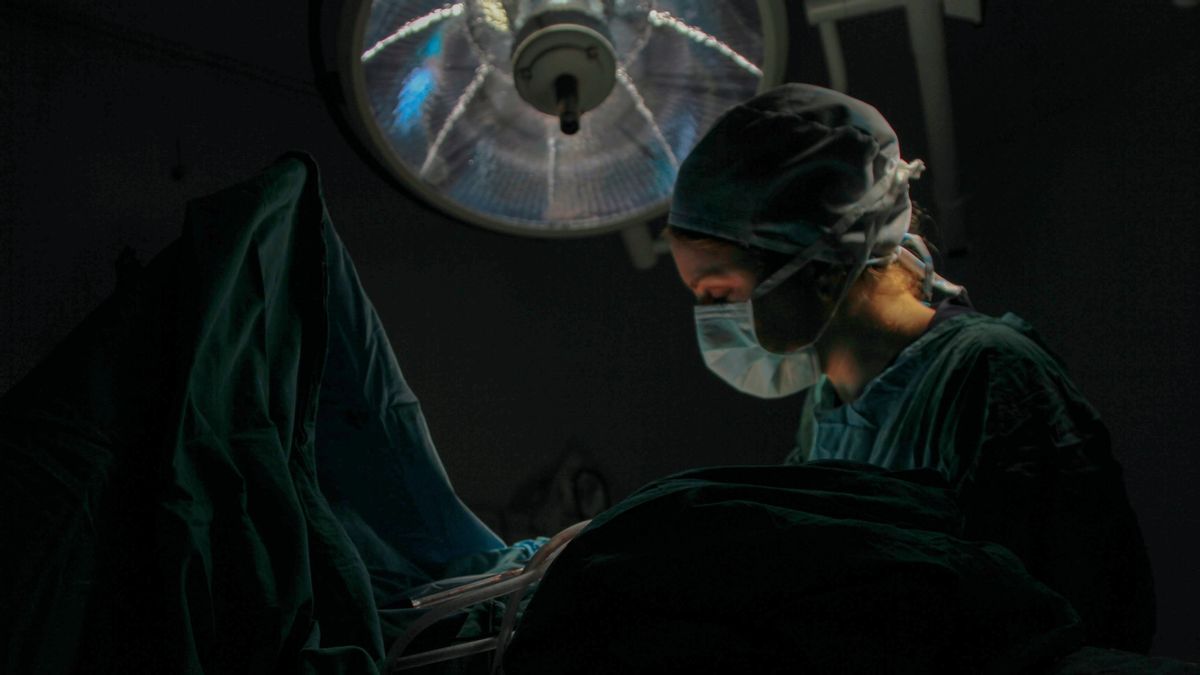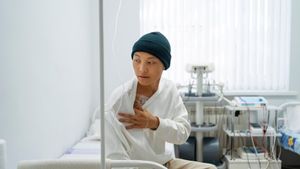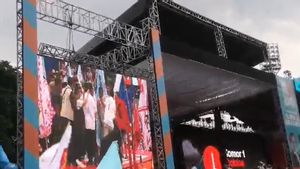JAKARTA - Three cancer patients in their 30s to 40s managed to give birth using frozen egg protections while they were undergoing cancer therapy, according to a Japanese medical school, giving hope for women's cancer patients who are not menstruating.
The results emerged during a clinical study conducted at the Faculty of Medicine, St. University. Marianna, Kawasaki, near Tokyo, developed fertility treatment techniques.
The three cases are the first known childbirths in Japan, using techniques involving women who have undergone cancer therapy.
Cancer patients can lose the ability to become pregnant, if chemotherapy or radiation treatment damages their egg protection.
Technique St. Marianna is expected to give patients more options to maintain their fertility before their therapy begins. Meanwhile, pre-Public pediatric patients will most likely benefit from it, as their eggs are difficult to harvest.
During clinical studies, cancer patient eggs were sheared and frozen quickly after the organs were removed through minimal invasive operations.
After the patient undergoes cancer therapy, the egg protection is disbursed and put back in the original location or the nearest membrane. Ovarium contains many eggs.
Medical schools have been using this technique in clinical studies since 2010, with 13 women receiving ovarian transplants in this way to date.
As a result, three women who previously underwent breast cancer therapy or malignant lymphoma cancer gave birth between 2020 and this year.
Women, including one in Hyogo Prefecture in western Japan, gave birth after being naturally pregnant or through in vitro fertilization.
There are also other options available for cancer patients, such as freezing fertilized eggs or uninduced eggs.
However, this choice is considered difficult to do, as the period cycle does not always coincide with the time patients have before their therapy begins. And because therapy has to be temporarily suspended to carry out the procedure.
It makes the ovarian freezing procedure a viable choice, as it eliminates the need to wait for the right time to harvest the eggs.
But at this time, technological advances have allowed doctors to harvest eggs at any time. That in turn shifts the focus of St. clinical studies. Marianna to children whose eggs cannot be harvested.
"The latest results may be a blessing for those whose eggs are frozen in hopes of one day having a baby, while facing fear of cancer," said Nao Suzuki, professor of obstetrics and gynecology at the medical school.
"You put the train in front of the horse if cancer treatment is delayed because you want to keep the egg holding," the professor said, noting that efforts were being made to coordinate better with pediatricians, to notify their patients and parents of their choice at a timely pace.
For Shizuka Ochi, 42, who gave birth to a boy in October last year, the ovarian freezing procedure is what she needs to fight her cancer.
After being diagnosed as breast cancer, one of the nurse eggs was removed in March 2014. After undergoing hormonal therapy, the ovaries returned in June 2019. She became pregnant through fertilization in vitro.
"I want to have the opportunity to get pregnant and give birth after my therapy, so that my cancer treatment works positively," said Ochi.
The English, Chinese, Japanese, Arabic, and French versions are automatically generated by the AI. So there may still be inaccuracies in translating, please always see Indonesian as our main language. (system supported by DigitalSiber.id)








